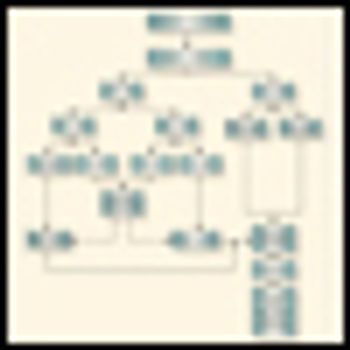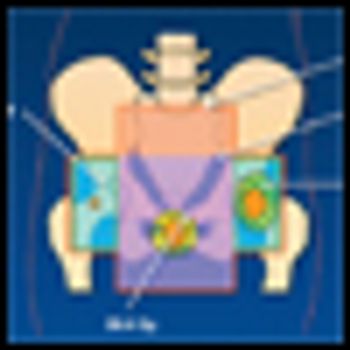
Native to India, boswellia is used extensively in Ayurveda, the traditional medical system of India, to treat arthritis. Extracts from the gum resin of boswellia have been tested in clinical trials and found effective for asthma and ulcerative colitis. More research is needed to determine if boswellia can benefit those with osteoarthritis. Boswellic acid has been found to display antitumor activity in bladder, cervical, and other cancer cell lines as well as anti-inflammatory activity.



